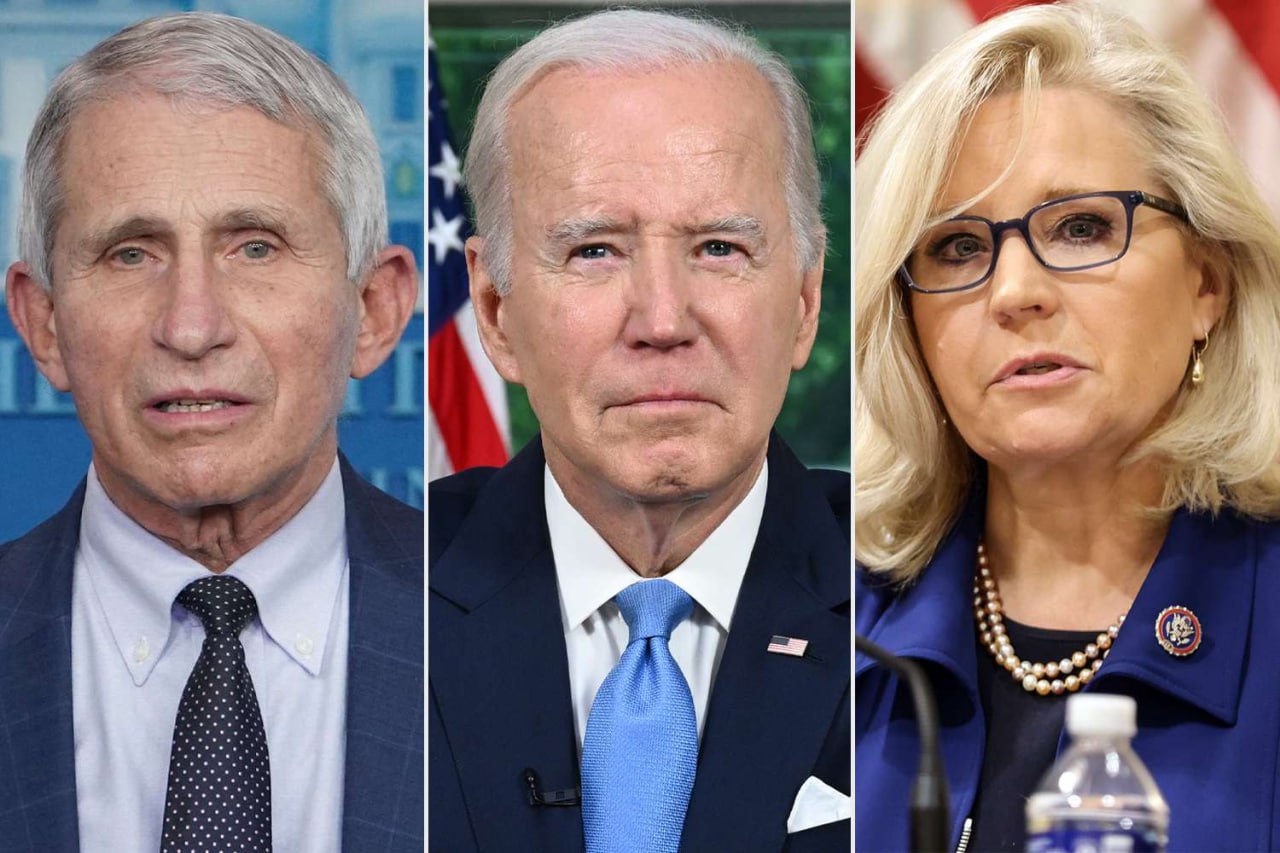Biden’s Final Act as President Sparks Debate Over Pardons
In a dramatic conclusion to his presidency, Joe Biden issued a series of last-minute pardons aimed at protecting key allies from potential political reprisals under the incoming Trump administration. Among those pardoned were former Republican Congresswoman Liz Cheney and Dr. Anthony Fauci. While widely seen as a strategic move to shield individuals targeted by GOP scrutiny, the pardons have ignited a debate over their scope and legal implications.
A Preemptive Shield with Limitations
Biden’s pardons also extended to former Joint Chiefs of Staff Chairman Gen. Mark Milley and members of the January 6 Committee. However, legal experts quickly pointed out the limitations of these pardons. Recipients may still be compelled to testify under oath if subpoenaed by a Republican-controlled Congress, and the pardons do not cover new or undisclosed offenses.
Legal commentator Jesse Binnall argued that the pardons could inadvertently increase accountability. “The pardons are actually great news,” Binnall wrote on X, formerly Twitter. “No one who was just pardoned will be able to refuse to testify in a civil, criminal, or congressional proceeding based on the 5th Amendment.” He emphasized that ensuring impartial proceedings, particularly outside Washington, D.C., would be critical, citing concerns about the capital’s perceived liberal bias.
This sentiment was echoed by retired U.S. Army officer and lawyer Kurt Schlichter, who advocated for relocating depositions and testimonies outside of D.C. to ensure fairness. “Neutral venues are essential for maintaining the integrity of such proceedings,” Schlichter remarked.
Trump’s Response
Donald Trump wasted no time addressing Biden’s pardons. On his first day back in office, he singled out Liz Cheney, calling her “a disaster” and accusing her of “very, very guilty of bad crimes.” Trump’s comments underscored his lingering animosity toward Cheney, one of his most vocal Republican critics.
Continue reading on next page…

